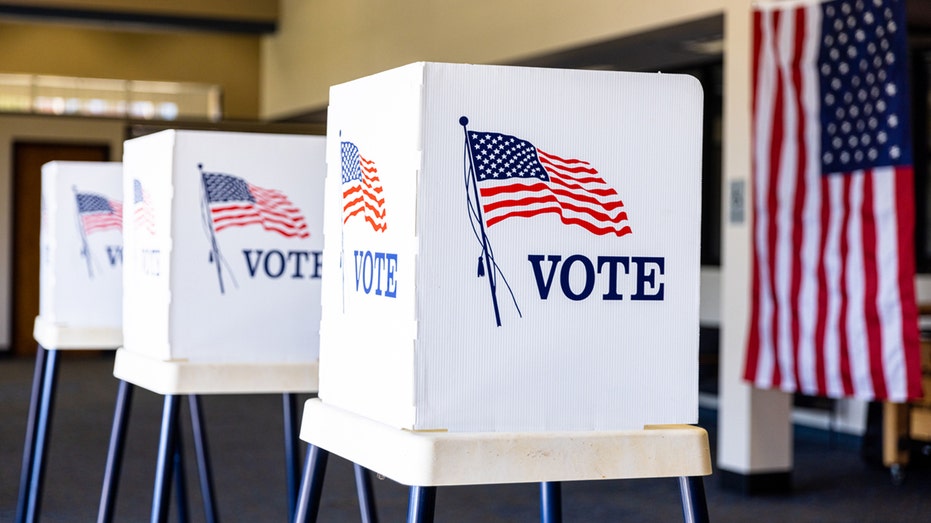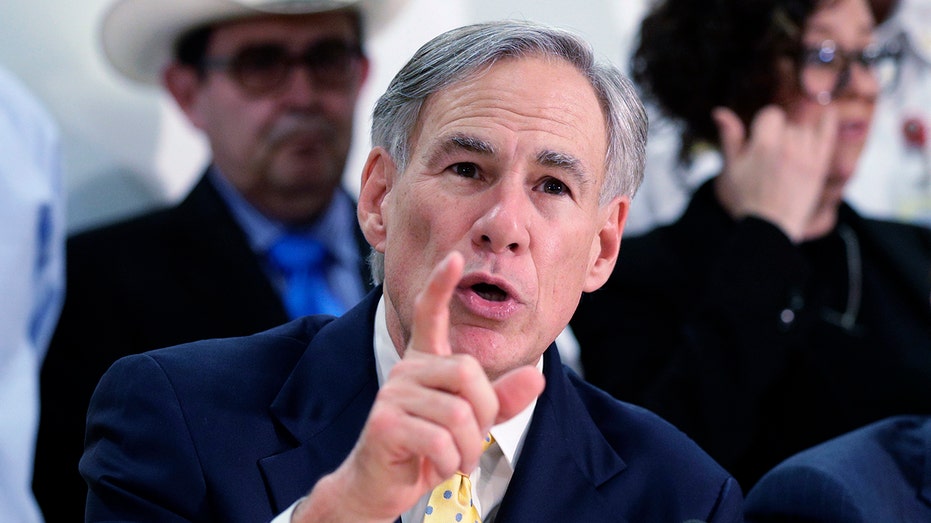The political landscape shifts dramatically in the year following a presidential election, but only in two states: New Jersey and Virginia. These gubernatorial races aren't just local contests; they become national focal points, intensely scrutinized as early indicators of the mood of the country.
This year’s elections, set for 2025, carry an unusual weight. They represent the first significant opportunity to gauge the public’s reaction to a potential second term under former President Trump and the direction of his policies. The outcomes will be dissected for clues about the upcoming midterm elections for Congress.
For Democrats, 2025 offers a crucial chance to regain momentum. The previous year brought stinging defeats – the loss of the White House and Senate, and the failure to reclaim the House. These gubernatorial races are a vital step towards rebuilding and demonstrating resilience.
The core of the battleground centers on two key races: an open seat in Virginia and the incumbent’s position in New Jersey. Democrats are determined to flip the governorship in Virginia and hold onto power in New Jersey, a dual challenge that will define their early success.
Experts believe these races will serve as a critical “test case” regarding the pervasive issue of the cost of living. Last year, Republicans successfully weaponized affordability concerns, resonating with voters struggling with economic pressures.
The question now is whether Democrats can effectively counter this narrative. Can they reclaim the argument and demonstrate a commitment to easing the financial burdens on everyday Americans, particularly concerning rising healthcare and energy costs?
However, some seasoned political strategists caution against reading too much into these results. They argue that the unique circumstances of these off-year elections make them poor predictors of broader national trends.
These contests are often driven by local issues and candidate-specific dynamics, creating an “anomaly” that doesn’t necessarily translate to the midterm landscape. By the time those elections arrive, the focus may have entirely shifted.
Despite this skepticism, a Republican victory in New Jersey – a traditionally blue state – would be a significant upset. Recent gains in voter registration among the GOP suggest a potential shift in the state’s political alignment.
Such a win could signal a broader trend: that working-class states like New Jersey are increasingly leaning towards Trump and the Republican party, a development that would reshape the national political map.





![SABO UNLEASHED: LA ERUPTS in Political FIRE! [SEE IT NOW]](https://www.thegatewaypundit.com/wp-content/uploads/2025/11/irena-sabo-stop-killing--1200x630.jpg)
